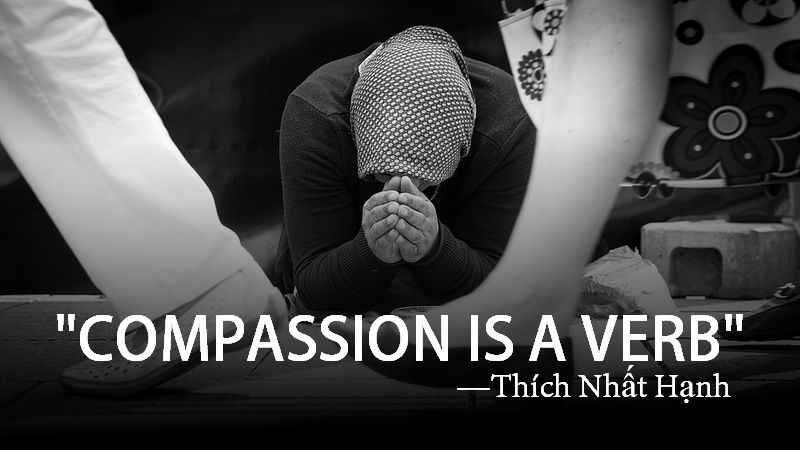Do professors really care?
Last week, I introduced the Teaching and Learning Symposium, which I was lucky enough to attend. And, if it wasn't clear then, I'll make it clear now: that symposium—a collection of faculty, staff, and librarians from all across the university—was all about the students.
This week, I'd like to spend a moment talking about just that. One of the sessions I went to was called "The Compassionate Educator: Approaches to Promoting Healthier Learning Environments", and it focused on how educators can show and use compassion to promote healthier learning in students. The session leader, Dr. Anne Simmonds, told us about the roles of stress in student health (to be brief: constant stress = really bad), and how educators can help mitigate that by showing compassion in their interactions with students.

Before I say more, here's another chance to say a something [relevant] about me. I'm a fifth year undergrad, and I'm really interested in teaching some day. I had a great opportunity in my third year to be a teaching assistant for an introduction to philosophy course, and it has only fueled my passion for teaching. (Though, it's kind of weird knowing those students I TAed are third years now, and kicking my butt in a some of my classes). As a TA, I struggled to be as open and available to students as I could; but some times, you're just not sure if you're doing things right—how do you know if your attempt to reach out meant anything, if the students don't come back?
I say this, because I learned that this is a very common experience for instructors, and that made me feel a lot better, both as a future teacher and as a current student. The whole session on compassion was filled with questions: What is compassion? How do we know when we do compassion right? How can we be compassionate to students with problems and reach out, but be fair to everyone else who might be coping with their own problems? How do we balance compassion and skepticism?
The feeling was this: Educators really care for their students, and want to know how to do it in the right way (without being taken advantage of). And while it was more questions than answers, there are a few findings to share that are relevant to us, as students.

The session was mostly meant for educators and staff, but here's a few things that we as students can take away (I wouldn't be writing this post otherwise!):
- Compassion is com-passion: "feeling with". If we're going to be compassionate, we have to take the steps to try and understand what the other person is feeling. There is a difference between compassion and kindness, because you can be kind without trying to understand what others are feeling. But that kindness is not sincere, and it doesn't always breed more kindness. Being compassionate, engaging in trying to understand things from other people's perspectives, that's something that keeps on giving.
- "Compassion is a verb." Dr. Simmonds borrows this from Thích Nhất Hạnh, a Vietnamese Zen Buddhist monk. Compassion requires deliberation, moral judgments, recognition of vulnerability, and action. It's not just empathy, but actually taking action against the problems, or alongside the person.
- Instructors have no clue when they are doing compassion right, because they don't get student feedback. If you think your prof or TA did a good job or helped you out, tell them! They are trying so hard to help their students, and it's hard to tell if you're doing anything right if you're not hearing back.
Do you have a story about compassion, or a prof or TA you think has been particularly caring and helpful? I'd love to hear your story in the comments below!
0 comments on ““The Compassionate Educator””